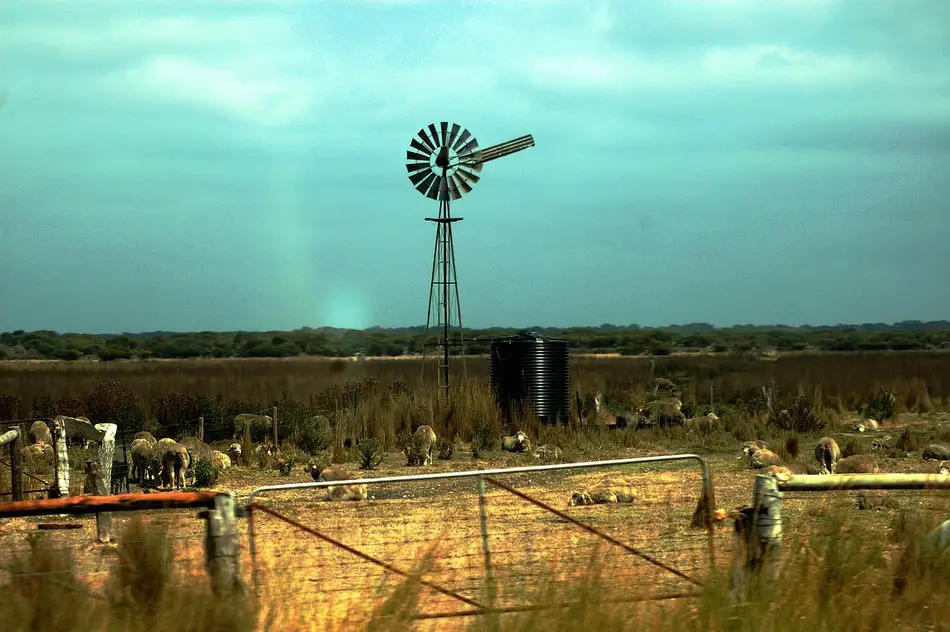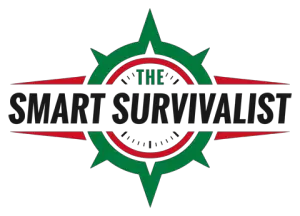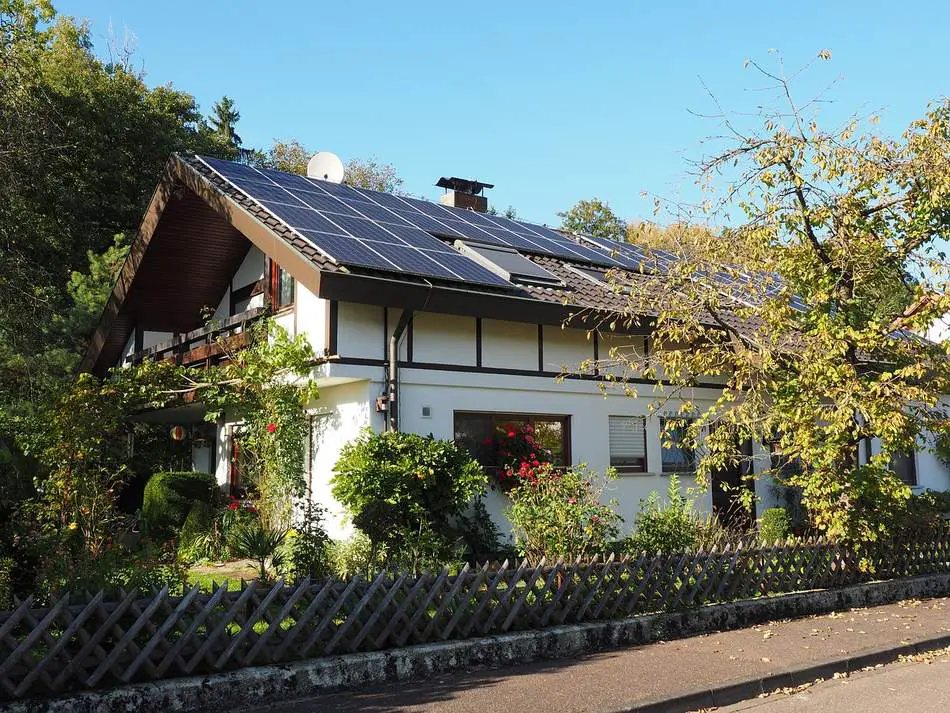Off the grid living is becoming more and more popular in Australia, as many families decide to leave society and start enjoying the freedom of living off the grid.
If you still haven’t heard of off the grid living, it means, simply put, living in a home that is free of modern municipal hook-ups and power sources. Such homestead is fully independent and does not require society’s resources.
When you live off the grid in Australia, you provide your own power source, water supply, food, and so on. You don’t rely on any other source but your own skills and produce.
This may sound scary or even inconvenient at first, but that is not the case at all. Living off the grid means living a free life, which provides a lot of economic advantages for you and your family. You can save a lot of money with off the grid power options and solutions that are available today. For many people, this incentive is good enough to transfer their lives off the grid, along with the freedom that it provides.
So what should you know before living off the grid in Australia? There are several important factors to consider:
- Is it illegal to live off the grid in Australia?
- What permits are needed?
- What skills and knowledge are needed?
- How do I provide power, water and food?
- Are there off grid communities in Australia?
In this article, I will answer these and other important questions regarding living off grid in Australia. First, let us take a look why this lifestyle is on the rise in Australia.
Why is Off the Grid Living Becoming so Popular in Australia?
Housing costs in Australia continue to rise. Because of that, more and more people in Australia consider living off the grid. Standalone power systems as well as the eco-friendly lifestyle have quickly become an attractive and realistic option.
The goal of off-grid homes is to achieve autonomy instead of relying on a city’s water, gas, electricity and sewerage. Such lifestyle allows you to live more responsibly and be more sustainable.
In the past 10 years, more and more people have chosen to start living off the grid, especially due to the long-run advantages. Sure, there are initial costs to spend as you prepare everything needed to live off the grid. But, once you’ve settled in, the returns are big. Eventually, you will see the financial, emotional and health benefits of this life-changing decision.
People who are already living off the grid have stated that once you start living this way, it can pay for itself within 3 to 5 years.
Besides the rising costs of urban living, people in Australia decide to live off-grid for the following reasons:
- It gives them the option to control their own utilities.
- They can grow their own food and have many choices which are much healthier than the mass-produced food.
- They disconnect themselves from the stress and pressures of everyday urban living.
- It allows them to enjoy a healthier and calmer lifestyle.
As an example, here is a story of a woman who lives off the grid in Australia for over 30 years, courtesy of ABC News:
Is It Illegal to Live Off the Grid in Australia?
The answer is that it isn’t illegal to live off the grid in Australia. However, it comes with some conditions and limitations. Here is what off-grid laws in Australia say:
- Permits regarding zoning and housing: Every county and town have different laws when it comes to off grid living. Therefore, you should check off grid living regulations in the specific zone and area you’re interested in.
- Incentives and rebates: The Australian government may reward you with different incentives once you start your off grid living. These incentives can help you offset the costs of starting this kind of lifestyle.
- Ownership and land: You may need to find special land for sale, if you want to build an off-the-grid house on it.
Therefore, before planning and starting to build, always check the laws that govern construction and use of land in order not to break any local laws. The bottom line is, as long as you abide by the local laws, living off the grid will be legal, just like in Canada.
How to Know if Off the Grid Living in Australia is for You?
There’s a big difference between thinking and planning to start living off the grid, and actually taking actions and start living that way.
In order to really know if off the grid living in Australia is for you, see how you answer the following checklist:
- Can you live without the comfort you got used to in the modern society?
- Are you willing to learn to repair on your own?
- Are you self-sufficient, creative and can handle challenging situations and circumstances?
- Are you willing to work hard, and even get dirty if necessary?
If none of the things in this checklist scare you, then you may have what it takes to start living off the grid in Australia. This country has righfully earned its spot as one of the best places in the world to live off the grid.
Factors to Consider When Deciding to Live Off the Grid in Australia
1. Finding Land
If you don’t own any land and don’t have a home that you would like to convert to off the grid living, then you need to start looking for a place and a home. Don’t worry, this does not mean you’ll have to look for a place at the Outback.
2. Getting Permits
Australian people who decided to go and live off the grid haven’t cut themselves entirely from society. They simply chose to live their lives from now on without the worries and expanses of typical urban living.
In order to start living off the grid, you may need to get planning and council permits that approve the construction of your new home.
There are off the grid experts that suggest you secure a land that does not require getting permits to build or live on. However, this option isn’t always practical when it comes to you and your family. The areas that do not require permits are often remote areas, meaning they are far away from towns, schools and other people.
Basically, the farther your land is, chances are slim that you’ll require permits for off the grid living in that remote area.
3. Getting Power and Food
When you live off the grid, you provide the power, food and water for your homestead. This means growing your own food, heating and cooling your home on your own, removing waste, providing electricity through independent power sources, and more.
Producing your own electricity can be achieved by installing solar panels or by using generators and batteries. If you are afraid about the cost, there is no need to be. As technology keeps improving, the cost of solar implementation continues to decrease.
Installing a solar system is not that big a challenge. You can start with a quick and simple setup, just as it’s demonstrated in the following video:
Another great option for power source is using wind energy. This is most useful if you are based far away from the cities and in open locations. Wind energy can produce a lot of power very fast. You can even store excess power. Storing power is possible, since the off grid setups usually come with another battery or two that store the power for future use.
Living off the grid does not mean you can’t enjoy electronics and up-to-date appliances such as working with a laptop, charging your cell phone, or even using a washing machine. It simply means that you will need to have enough power and energy to run them.
Producing your own water can be achieved by building a well or living near a water source. If you draw water from a natural stream or lake, remember that you have to purify the water using one of the many water purification methods.
Before you begin living off the grid, see that you can provide all this for yourself and not be dependent on society or a nearby city.
Off the Grid Communities in Australia
In Australia, there are various communities for people who chose to live off the grid. Here are a few examples of such communities:
- Chewton Bushlands: In 1967, two people bought a block of land located in Victorian bushlands. The two had dreamt to live an alternative lifestyle, and 50 years later, there are 35 households living the off the grid dream.
- Cohousing Australia Initiative: They promote collective models of housing, housing choices and diversity. Cohousing is a unique way of establishing an off the grid community, I invite you to visit their website for additional info.
- Tiny Homes Foundation Australia: This non-profit organization strives to provide housing solutions that are highly affordable and sustainable. This Australian initiative is fully dedicated to promote housing which is environmentally, socially and economically viable.

7 Things You Have to Know Before Moving Off the Grid
Before actually moving off the grid and starting this interesting way of life, here are 7 things you must know:
- You are not alone: There are a lot of blogs and forums, how-to videos, and people living off the grid. They would love to help you if you have any question or unsure about anything concerning off grid living.
- Some off grid people rely solely on Mother Nature: As stated earlier, off grid living means being self-sufficient and self-reliant. If you decide to live off the grid in a remote location, you’ll probably start using Mother Nature’s resources, such as the sun and the wind for energy, water to store in water tanks (purified if necessary), land to grow vegetables, foraged food and so on.
- Living remotely can be secluded: If you decide to live in a remote location, you may be surrounded by nature for miles and miles. The nearest store can be 30-40 minute drive away, and the nearest off grid friend can be hours away as well. On the up side, you have all the time in the world for your family.
- Personal growth: After taking away all the distractions you were used to (work, stress, socializing, etc.), you actually gain a lot of time for yourself and your loved ones, which leads to personal growth.
- Composting toilets: Consider installing composting toilets, as they are not gross and don’t smell. When it decomposes, it’s pure compost. It also helps the environment a lot.
- You don’t miss out on everyday things: You can still do everything you used to do in the city, as long as you set up your solar panels and water tanks for energy and water. In this case, everything continues to run the same way it used to in the city.
- Things are not as hard as they seem: When you plan and prepare correctly, when put your mind and muscle into it, you can really do anything you want. Put aside your limiting beliefs and know that the actual transition to off grid living can me much easier than you think. If you are serious about it, don’t be afraid and just do it!
Related Questions
How much does an off-grid solar system cost in Australia? The price for such system is between 25,000 and 45,000. However, you will probably need to invest in a battery if you are about to face sunless winter days. On the other hand, the total cost will go down if your house is relatively small. If you’re living outside Australia, for instance, if you live off the grid in UK or USA, the prices can be quite different.
Can I raise livestock at my off grid homestead? The question is a definite yes. You can start with something small, like chickens or even a few sheep. Once you feel more confident about your abilities to handle animals, you may even upgrade to cattle. Your once small off grid house will grow and become a successful farm.


